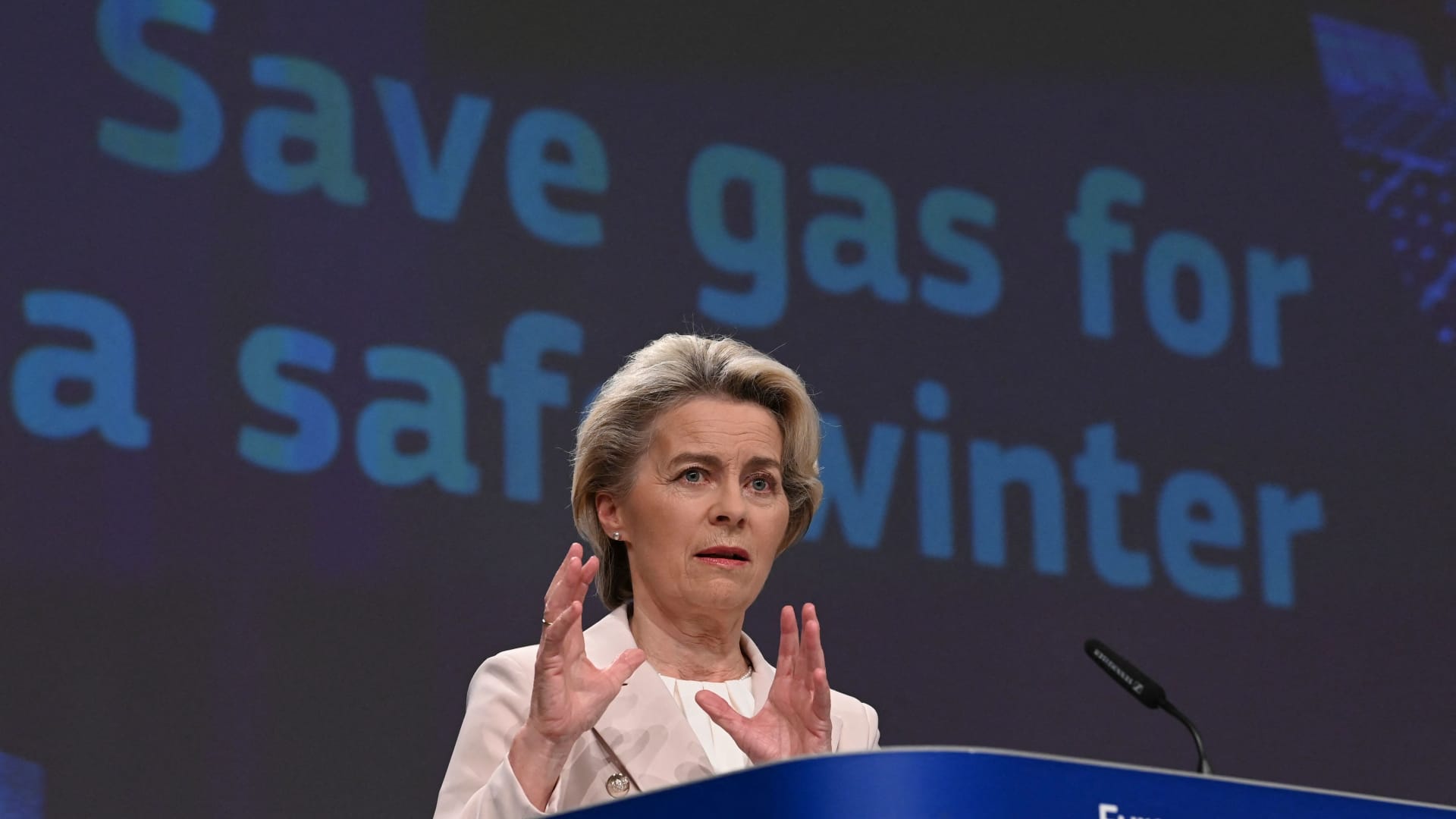24/7 Clean Renewable Energy For Charging Volkswagen Electric Vehicles

The automobile ideal for many climate-concerned consumers is an electric car that is completely charged by clean, renewable energy. For many, that means a rooftop solar power system that feeds electricity into your house and then from there into your car. However, plenty of EV drivers can’t get rooftop solar power, and most who have it also have to charge elsewhere at least some of the time. What to do to ensure you’re getting as much clean electricity into your car as possible?
Volkswagen Group has found a solution alongside Energy Web. They developed an algorithm that matches up EV charging with renewable energy generation more clearly at all times of day. The reader who tipped us to the news, Alexander Bridge, wrote: “This solution matters as it could represent the new gold-standard for EV charging in the near future, with consumers provided an unparalleled degree of selectivity – e.g. they can set an EV to charge using wind and solar resources, from assets within a 10km radius, targeting 80% charge by 5pm, all from within the app.
“Companies and governments normally purchase clean energy credits in order to match renewable generation to their total consumption on an annual basis. This means that while renewable energy is being purchased, it isn’t in reality being matched to clean energy sources to the fullest extent, as there is a different proportion of renewable energy on the grid at different times.”
In the trial, the partners used some Volkswagen ID.4s that got connected to the app and could thus charge in a smarter, cleaner, greener, more deliberate way. The test period for the vehicles on the new system was 3 months, covering different types of charging sessions (some just a couple of hours, some several days long). Most of the testing was done in the Wolfsburg, Germany, region. The electricity used mostly came from solar and wind power farms in the region.
Energy Web is a a nonprofit organization that focuses on building operating systems for energy grids. “This is the first time ever that an electric vehicle has been charged using a verified 24/7-matched clean energy strategy — coming at a time when EV adoption is gathering speed and charging is placing larger demands on electricity grids than ever before,” said Jesse Morris, CEO at Energy Web. “The purpose of this project has been to showcase that advanced EV charging solutions can empower EV owners to set their own preferences for when and where they get their energy. For instance, they can select to charge using wind and solar resources, from energy assets within a 10 km radius, and target 80% charge by 5pm — all from within a user-friendly application, with an accurate breakdown of their session’s carbon footprint.”
This doesn’t just more directly supply green electricity to EV drivers; it also provides better price signals to the electricity market and creates more demand at times of higher renewable energy generation.
While the trial has apparently gone well, the smart green charging solution hasn’t yet rolled out at a large scale. Volkswagen Group Innovation is working on determining how that could work. It’s one thing for several EV drivers to be more deliberate about where they get their grid electricity, but it’s something else for thousands or millions of EV drivers to be input into such a system.
One point of benefit here that hasn’t really been discussed is that with this level of precision, corporations can get more clarity on how green their fleets are. “With a traceable and secure audit trail for transactions provided on the Energy Web Chain, consumers will be able to show proof of renewable energy purchases, which will in future make it simple for corporate EV fleets to track granular energy usage for carbon accounting.”
The extra charging enhancements were built into Elli’s green charging app (Elli is a charging business under the Volkswagen Group umbrella providing home and enterprise charging solutions). It uses Energy Web’s open-source 24/7 clean energy toolkit, which was released earlier in 2022.
More information on the smart green charging pilot program can be found on the Energy Web website.
Featured image courtesy of Energy Web.
Appreciate CleanTechnica’s originality and cleantech news coverage? Consider becoming a CleanTechnica Member, Supporter, Technician, or Ambassador — or a patron on Patreon.
[embedded content]
Advertisement
 This post has been syndicated from a third-party source. View the original article here.
This post has been syndicated from a third-party source. View the original article here.




